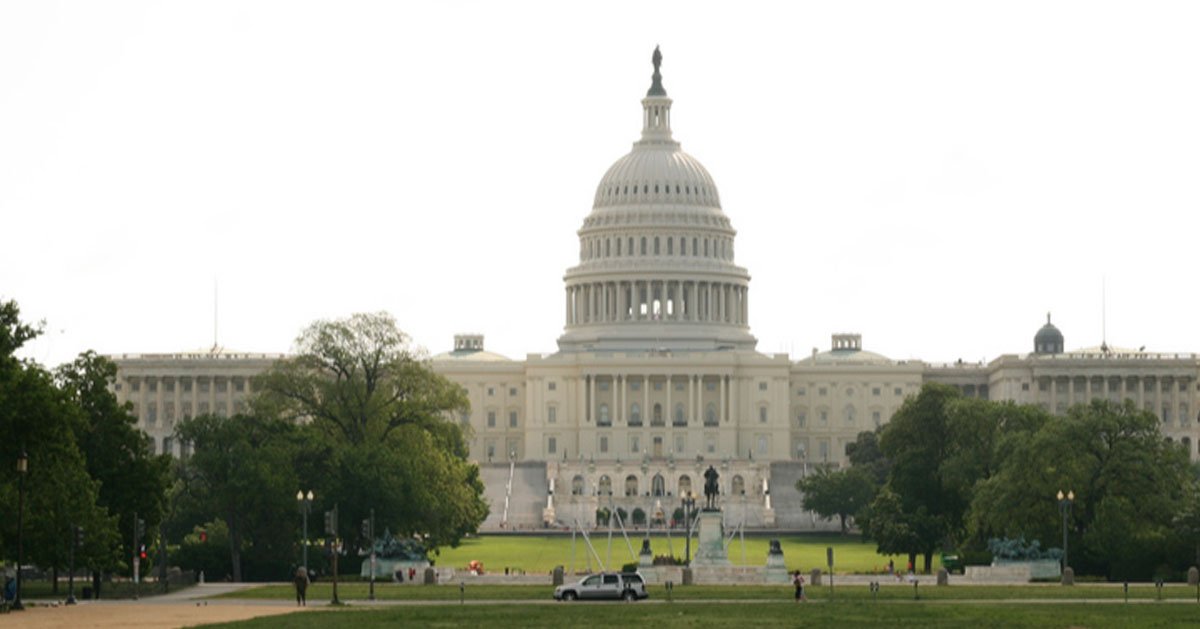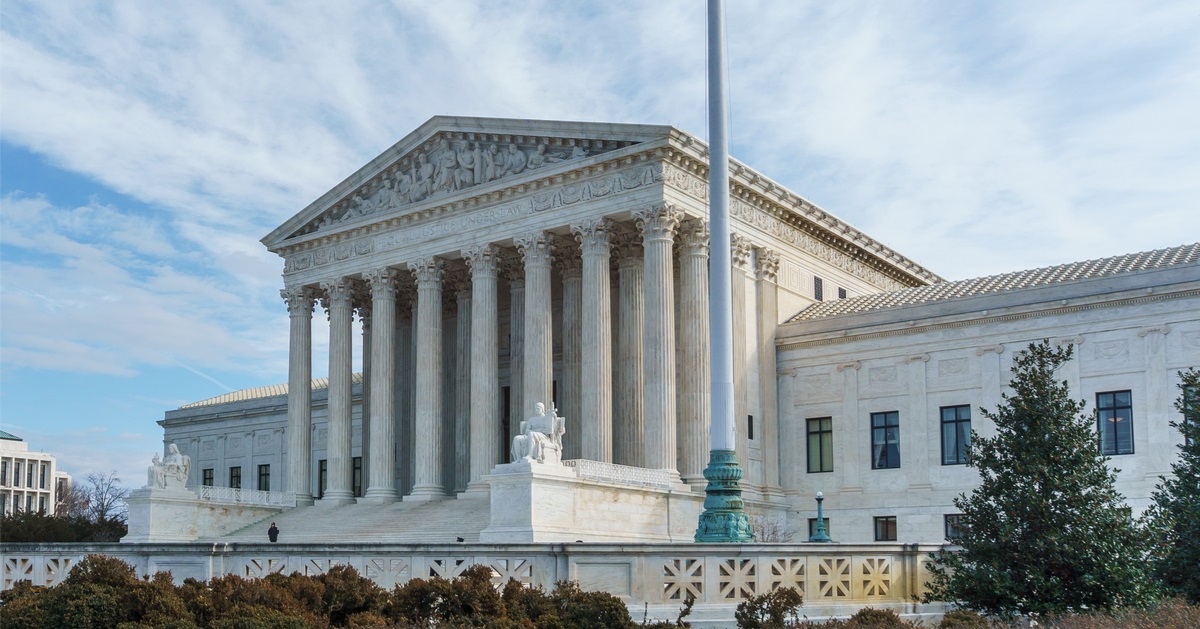Supreme Court sides with Texas woman over alleged political arrest
The Supreme Court ruled in favor of a Texas woman who said she was arrested for political reasons.
72-year-old Sylvia Gonzalez was arrested for stealing a government document that, she says, was innocently misplaced at a city council meeting.
The charges were eventually dropped, but she sued the city, claiming she was targeted for going against the city manager.
Ruling on retaliation
In a brief, unsigned order, the Supreme Court found that an appeals court took an "overly cramped" view of the evidence needed to bring a retaliatory arrest claim.
In a prior case, Nieves v. Bartlett, the Supreme Court held that probable cause for an arrest generally defeats a retaliation claim. But the court left a narrow exception for situations where the conduct typically does not result in arrest, citing jaywalking as an example.
Gonzalez's lawyers argued that her arrest was unprecedented, so there was nothing for her to compare it to.
They found no examples of another person in her county being charged with the same crime for her "common and uneventful" conduct. The charges she faced were usually brought in cases dealing with forgery or fake Social Security documents, her lawyers said.
The Fifth Circuit appeals court ruled against her, finding she did not provide the kind of evidence needed to advance her case.
"Gonzalez does not offer evidence of other similarly situated individuals who mishandled a government petition but were not prosecuted,” Judge Kurt D. Engelhardt wrote for the majority.
Thomas dissents
The Supreme Court found the lower court's standard unreasonable - writing, "the demand for virtually identical and identifiable comparators goes too far."
The fact that nobody has ever been arrested for a certain kind of conduct can be taken as indirect evidence of retaliation, the court concluded.
"The fact that no one has ever been arrested for engaging in a certain kind of conduct...makes it more likely that an officer has declined to arrest someone for engaging in such conduct in the past," the court's majority wrote.
In a dissent, Clarence Thomas criticized the previous exception to probable cause that was created in Nieves and accused the court of straying even further from the "only rule grounded in history."
"I would adhere to the only rule grounded in history: Probable cause defeats a retaliatory arrest claim," he concluded.






